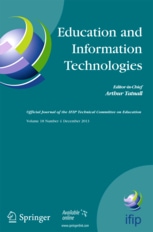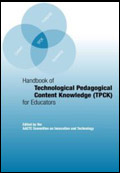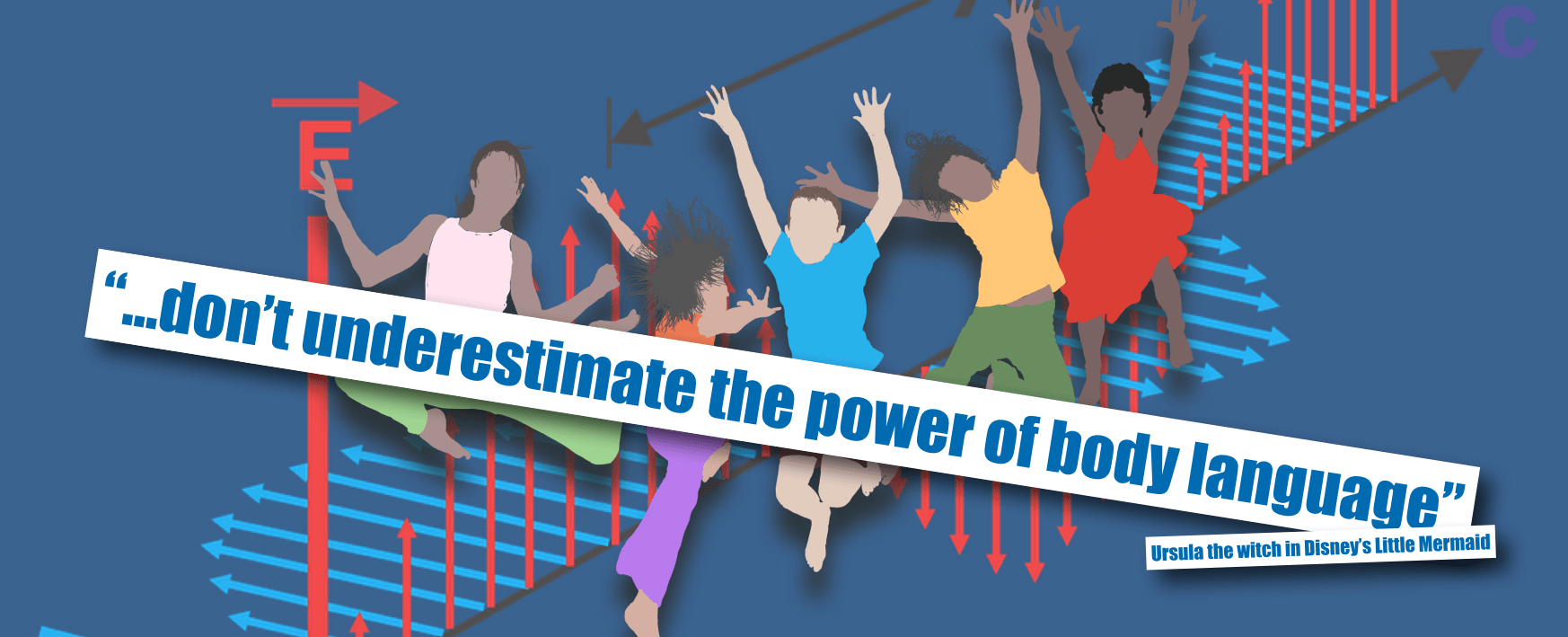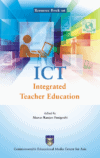Voogt, J., Fisser., P. Good, J., Mishra, P., & Yadav, A. (2015). Computational thinking in compulsory education: Towards an agenda for research and practice. Education & Information Technologies. Available at http://link.springer.com/article/10.1007/s10639-015-9412-6.
Abstract
Computational Thinking is considered a universal competence, which should be added to every child’s analytical ability as a vital ingredient of their school learning. In this article we further elaborate on what Computational Thinking is and present examples of what needs to be taught and how. First we position Computational Thinking in Papert’s work with LOGO. We then discuss challenges in defining Computational Thinking and discuss the core and peripheral aspects of a definition. After that we offer examples of how Computational Thinking can be addressed in both formal and informal educational settings. In the conclusion and discussion section an agenda for research and practice is presented.
The paper can also be downloaded from here.


 Handbook of Technological Pedagogical Content Knowledge (TPCK) for Educators, Edited by The AACTE Committee on Innovation and Technology
Handbook of Technological Pedagogical Content Knowledge (TPCK) for Educators, Edited by The AACTE Committee on Innovation and Technology


0 Comments